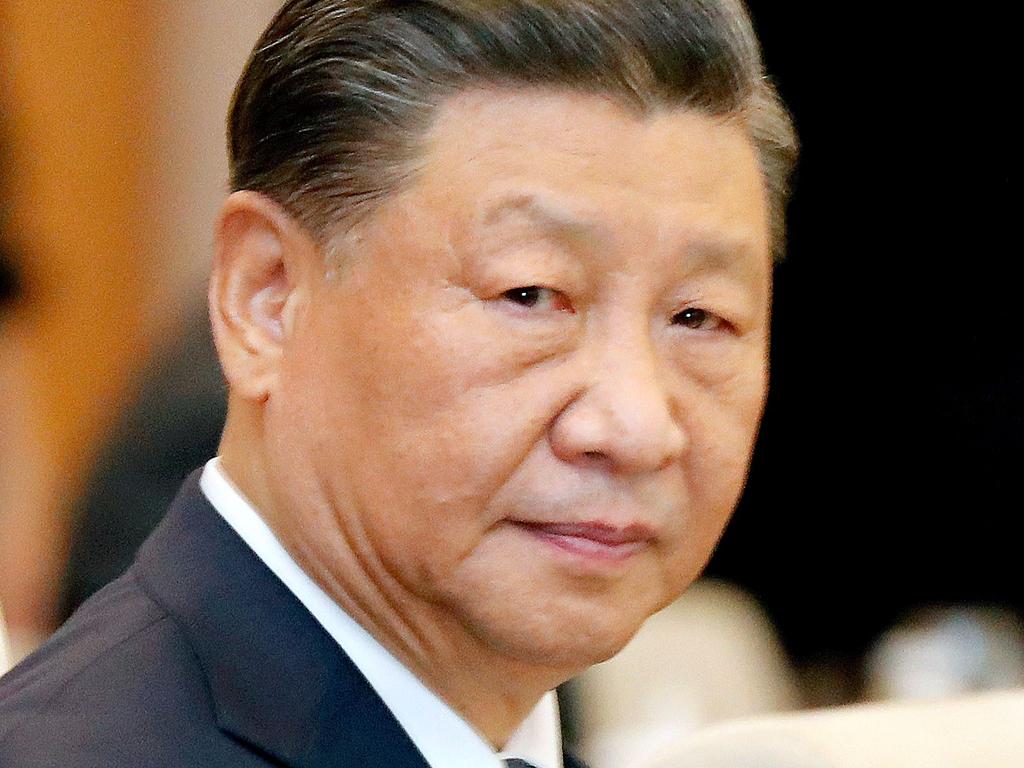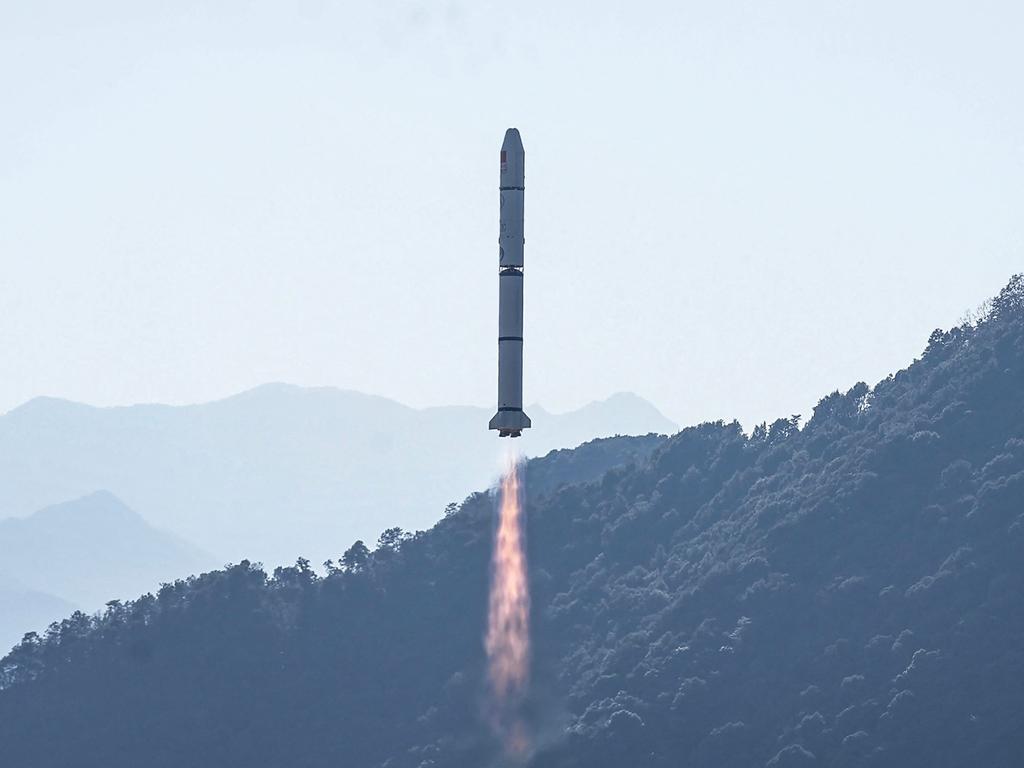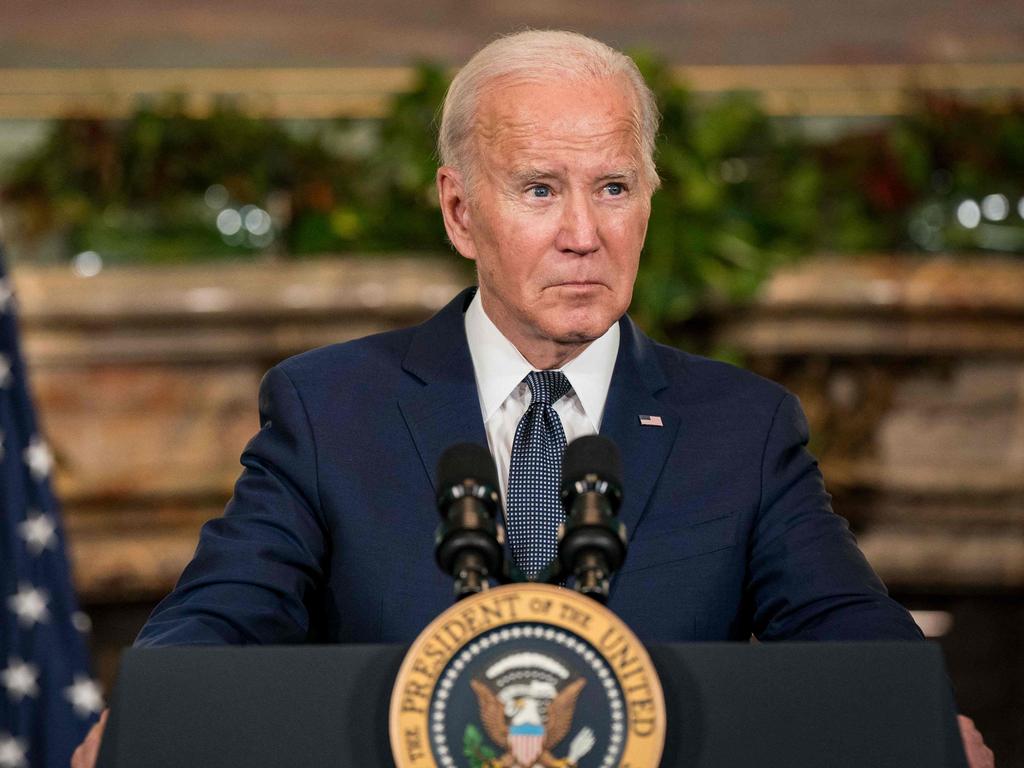China accuses Taiwan ruling party of ‘creating panic’ after satellite alert
China on Wednesday accused Taiwan’s ruling party of “creating panic” after the island’s authorities issued a national emergency alert over a launch in Beijing.
China on Wednesday accused Taiwan’s ruling party of “creating panic” after the island’s authorities issued a national emergency alert over a satellite launch by Beijing.
Phones across Taiwan blared with a “presidential alert” Tuesday afternoon, around the time Beijing announced the successful launch of its Einstein Probe satellite, which it says will gather astronomical data.
Asked about the alert on Wednesday, Chinese foreign ministry spokeswoman Mao Ning accused Taiwan’s ruling party, the Democratic Progressive Party, of “creating panic”.
“I think everyone is clear about what aims the DPP authorities had in mind in misleading the public,” she said.
China claims self-ruled Taiwan, which holds elections on Saturday, as part of its territory and has vowed to seize it one day.
The election is being closely watched — including by policymakers in Beijing and Washington — as its outcome will impact the future of Taiwan’s relations with an increasingly assertive China.
It came as China said it will “never compromise” on Taiwan and told the United States to stop providing military aid, days ahead of a crucial election on the self-ruled island.
China claims Taiwan, which holds elections on Saturday, as part of its territory and has vowed to seize it one day.
The election is being closely watched — including by policymakers in Beijing and Washington — as its outcome will impact the future of Taiwan’s relations with an increasingly assertive China.

In their first defence talks of the year, held at the Pentagon Monday and Tuesday, Chinese officials demanded that Washington “stop arming Taiwan, and oppose Taiwan’s ‘independence’”, according to a Chinese defence ministry readout.
The officials said Beijing would “never compromise or back down” on the territory’s status, the readout said Wednesday.
According to the Pentagon’s readout on Tuesday, the United States reaffirmed its calls for “peace and stability” across the Taiwan Strait that separates Taiwan from China.
Michael Chase, the Pentagon’s deputy assistant secretary for China, Taiwan and Mongolia, restated the United States’ commitment to its “One China” policy, which emphasises it does not support Taiwanese independence.
Washington has provided Taiwan with military aid under an assistance programme aimed at foreign governments, prompting frequent criticism from Beijing.
US President Joe Biden and Chinese leader Xi Jinping agreed in November 2023 to restart military talks between the two countries, after being put on hold for more than a year.

Relations between Beijing and Washington had nosedived in recent years on flashpoint issues from technology and trade to human rights, but the two presidents described their November meeting as a success.
However key sources of friction remain, including the status of Taiwan and the South China Sea, which Beijing claims almost in its entirety despite an international tribunal ruling that its assertions have no legal basis.
In the latest defence talks, the two sides also discussed the crucial waterway, where the two powers last week held rival drills, and which has seen a spate of standoffs between Beijing and Manila in recent months.
China frequently deploys boats to patrol the South China Sea and has built artificial islands that it has militarised to reinforce its claims.
According to the readout from Beijing, the Chinese officials urged their US counterparts to stop their “provocative actions” in the waterway.
“The United States should fully understand the root causes of maritime and air security issues, strictly rein in its frontline troops, and stop with the exaggeration and hype,” it added.
Washington, in response, asserted its belief in the “importance of respect for high seas freedom of navigation” in light of “repeated” Chinese “harassment against lawfully operating Philippine vessels in the South China Sea”.

The United States would “continue to fly, sail, and operate safely and responsibly wherever international law allows”, Chase said.
Washington’s readout said Major General Song Yanchao led Beijing’s delegation, though the Chinese readout gave no names.
Beijing meanwhile told the United States it was willing to “develop healthy and stable military-to-military relations with the United States”, the Chinese side said.
But it stressed the United States must “face China’s concerns squarely and take more actions that are conducive to the development of relations between the two militaries”.
The US side, in turn, stressed the importance of “maintaining open lines of military-to-military communication”, according to the Pentagon’s readout, “to prevent competition from veering into conflict”.



